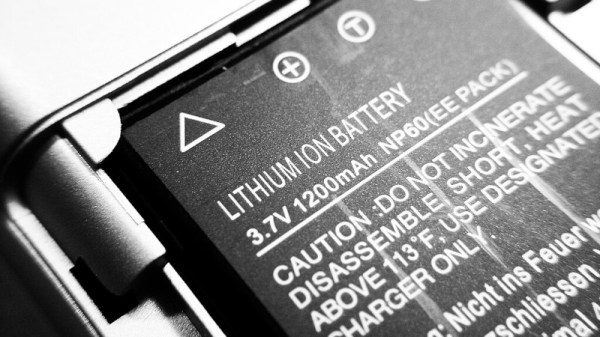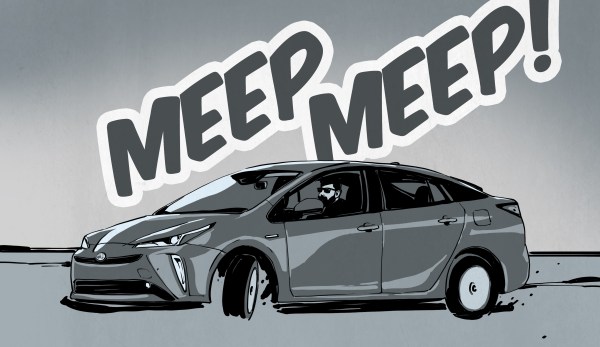Starting June 20th, any cordless phone, smartphone, or feature phone, as well as tablets (7 – 17.4″ screens) have to meet Ecodesign requirements. In addition there is now mandatory registration with the European Product Registry for Energy Labelling (EPREL). The only exception are phones and tablets with a flexible (rollable) main display, and tablets that do not use a mobile OS, i.e. not Android, iPadOS, etc. These requirements include resistance to drops, scratches and water, as well as batteries that last at least 800 cycles.
What is perhaps most exciting are the requirements that operating system updates must be made available for at least five years from when the product is last on the market, along with spare parts being made available within 5-10 working days for seven years after the product stops being sold. The only big niggle here is that this access only applies to ‘professional repairers’, but at least this should provide independent repair shops with full access to parts and any software tools required.
On the ENERGY label that is generated with the registration, customers can see the rating for each category, including energy efficiency, battery endurance, repairability and IP (water/dust ingress) rating, making comparing devices much easier than before. All of this comes before smartphones and many other devices sold in the EU will have to feature easily removable batteries by 2027, something which may make manufacturers unhappy, but should be a boon to us consumers and tinkerers.

















